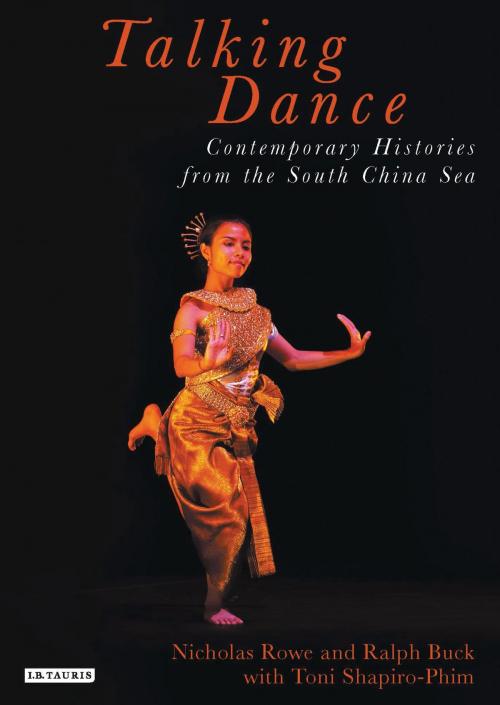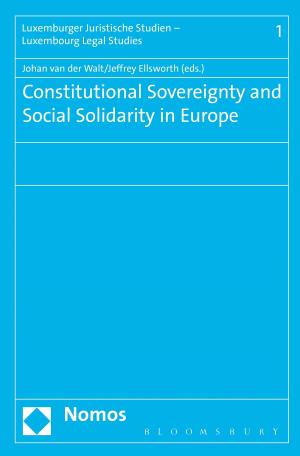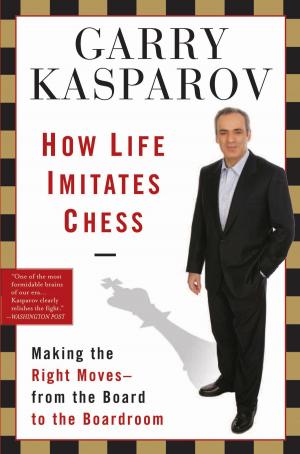Talking Dance: Contemporary Histories from the South China Sea
Nonfiction, Entertainment, Performing Arts, Reference & Language, Reference, Biography & Memoir| Author: | Ralph Buck, Nicholas Rowe, Toni Shapiro-Phim | ISBN: | 9780857729484 |
| Publisher: | Bloomsbury Publishing | Publication: | May 12, 2016 |
| Imprint: | I.B. Tauris | Language: | English |
| Author: | Ralph Buck, Nicholas Rowe, Toni Shapiro-Phim |
| ISBN: | 9780857729484 |
| Publisher: | Bloomsbury Publishing |
| Publication: | May 12, 2016 |
| Imprint: | I.B. Tauris |
| Language: | English |
The South China Sea has a rich and turbulent history. Today territorial disputes in the region - including China, Taiwan, Vietnam, Philippines and Indonesia - make it potentially one of the most dangerous points of conflict in Asia and millions of people have crossed its waters in search of safer shores.
This new book reveals the ways in which the peoples of the South China Sea region have used dance as a means of contending with the immense political, economic and cultural rifts that have affected their lives. Drawing on the stories of indigenous dancers in southern China, the Philippines, Indonesia, Singapore, Malaysia, Thailand, Cambodia, Laos and Vietnam, it offers unique insights into the ways in which people have used creative movement as a means of understanding the divisions and alienation that conflict, diaspora and globalization have brought and as a first step towards reclaiming their identities and their worlds.
The South China Sea has a rich and turbulent history. Today territorial disputes in the region - including China, Taiwan, Vietnam, Philippines and Indonesia - make it potentially one of the most dangerous points of conflict in Asia and millions of people have crossed its waters in search of safer shores.
This new book reveals the ways in which the peoples of the South China Sea region have used dance as a means of contending with the immense political, economic and cultural rifts that have affected their lives. Drawing on the stories of indigenous dancers in southern China, the Philippines, Indonesia, Singapore, Malaysia, Thailand, Cambodia, Laos and Vietnam, it offers unique insights into the ways in which people have used creative movement as a means of understanding the divisions and alienation that conflict, diaspora and globalization have brought and as a first step towards reclaiming their identities and their worlds.















